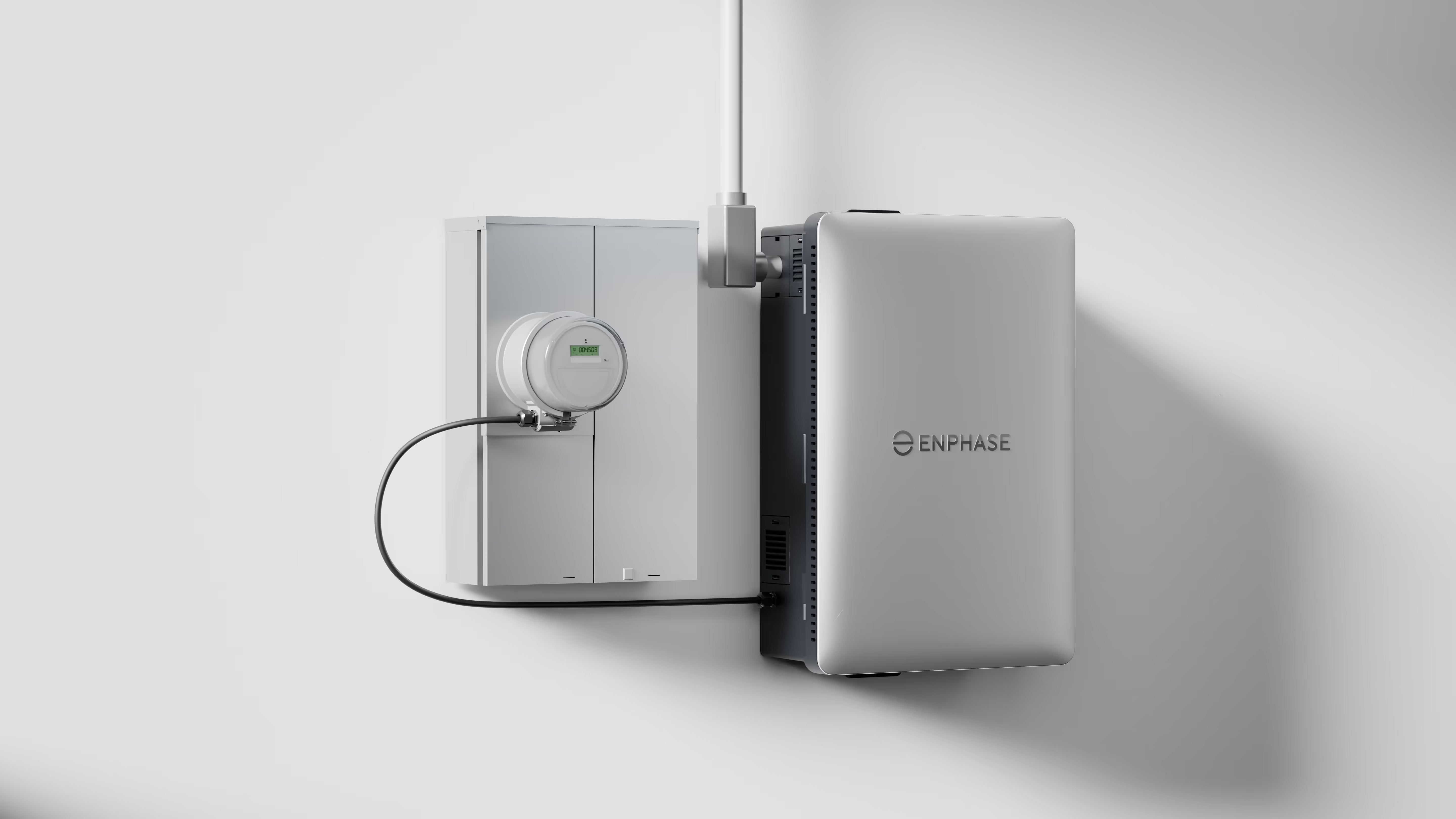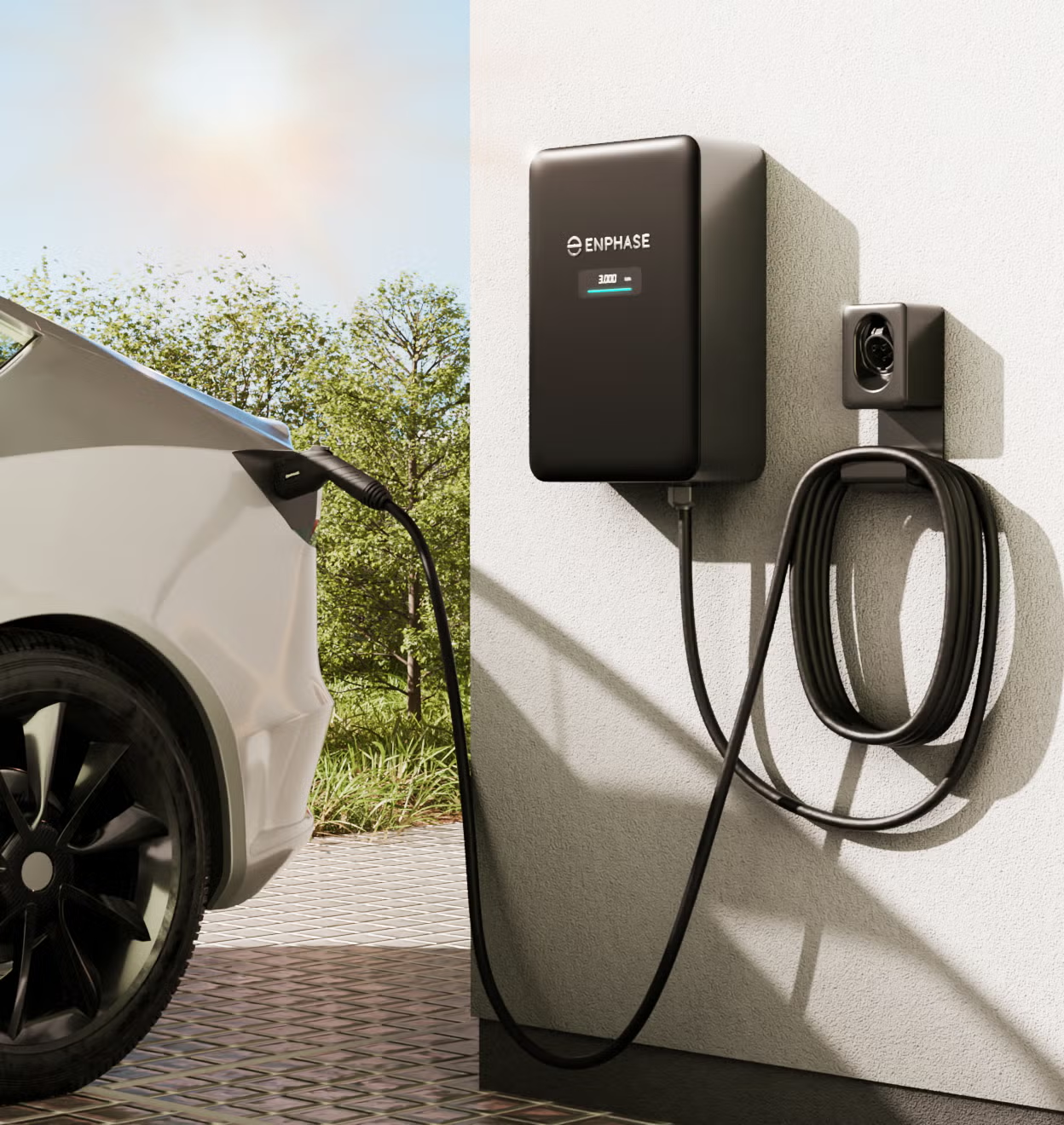Top Solar Installers Near Me: Find Reliable Solar Installation Services

If you are considering installing solar panels on your property, finding reliable solar installation services is crucial. A professional solar installer will ensure a successful installation, optimal system performance, and long-term energy savings. Before making your decision, it's important to understand the solar installation process, the key components of a solar power system, and the criteria to consider when choosing a solar installer.
Solar installation involves the process of converting sunlight into usable electricity through the use of solar panels. It is an environmentally friendly and sustainable way to generate power for residential and commercial properties. However, it is important to hire a professional solar installer to ensure a safe and efficient installation.
When it comes to harnessing the power of the sun, professional solar installation is crucial for several reasons. Firstly, a professional installer has the necessary knowledge and expertise to properly design and install the solar system. They will consider factors such as the property's location, available sunlight, and energy consumption to optimize the system's performance.
Additionally, professional installation ensures compliance with local building codes and regulations. This is important for obtaining the necessary permits and avoiding any potential legal issues in the future. By working with a professional, you can have peace of mind knowing that your solar installation meets all the necessary safety and quality standards.
The Importance of Professional Solar Installation
Professional solar installation provides numerous benefits that go beyond just the initial setup. One of the key advantages is the long-term cost savings. A properly installed solar system can significantly reduce your electricity bills, allowing you to save money in the long run. Moreover, professional installers can help you navigate through various incentives and rebates offered by the government or utility companies, further maximizing your savings.
Another important aspect of professional installation is the warranty coverage. Reputable solar installers often offer warranties on both the equipment and the installation itself. This means that if any issues arise with your system, you can rely on the installer to address them promptly and efficiently. Having a warranty in place provides an added layer of protection and ensures that you can enjoy the benefits of solar energy without any unnecessary worries.
Key Components of a Solar Power System
A solar power system consists of several key components that work together to convert sunlight into electricity. Understanding these components can help you grasp the complexity and functionality of a solar installation.
- Solar Panels: These capture sunlight and convert it into direct current (DC) electricity. Made up of photovoltaic cells, solar panels are the heart of any solar system. They come in various sizes and types, including monocrystalline, polycrystalline, and thin-film.
- Inverter: This converts the DC electricity produced by the solar panels into alternating current (AC) electricity, which is the standard form of electricity used in homes and businesses. Inverters play a crucial role in ensuring that the electricity generated by the solar panels is compatible with the electrical grid and can be used to power your appliances and devices.
- Racking and Mounting: These provide structural support for the solar panels and ensure they are securely installed. Racking systems are designed to withstand various weather conditions, including high winds and heavy snow loads. Proper mounting is essential to maximize the sun exposure and efficiency of the panels.
- Batteries: These store excess electricity generated by the solar panels for use during cloudy periods or at night. While not all solar installations include batteries, they can be a valuable addition for those looking to achieve energy independence or have backup power during grid outages.
- Metering and Monitoring: These track the electricity produced by the solar panels and provide valuable data on system performance. Metering allows you to measure the amount of electricity your system generates and feeds back into the grid, while monitoring systems enable you to keep an eye on your energy production and consumption in real-time.
By understanding the key components of a solar power system, you can better appreciate the intricate process of converting sunlight into usable electricity. Each component plays a vital role in ensuring the efficiency, reliability, and longevity of your solar installation.
Criteria for Choosing a Solar Installer
When choosing a solar installer, it's important to consider several criteria to ensure you find a reliable and reputable company. Making the right choice can have a significant impact on the success and longevity of your solar installation, as well as your overall satisfaction with the process.
Reputation and Reviews
Researching the reputation of a solar installer is a crucial step in the decision-making process. Reading online reviews and testimonials from previous customers can provide valuable insights into the company's track record. Look for a company with positive feedback and a history of successful installations. Pay attention to any recurring themes or concerns mentioned in the reviews, as this can help you gauge the installer's strengths and weaknesses.
Additionally, consider reaching out to friends, family, or neighbors who have already installed solar panels. Their firsthand experiences can offer valuable perspectives and recommendations.
Certifications and Licenses
Ensuring that the solar installer holds the necessary certifications and licenses required by your local authorities is essential. These certifications demonstrate that the company has received the proper training and possesses the expertise needed for a successful installation. It also ensures that they comply with industry standards and regulations, giving you peace of mind.
Don't hesitate to ask the installer for proof of their certifications and licenses. A reputable company will be transparent and readily provide this information.
Pricing and Financing Options
Obtaining quotes from multiple solar installers and comparing their pricing is a prudent step in the decision-making process. While cost is an important factor, it shouldn't be the sole determining factor. Consider the value offered by each company, including the quality of their products, warranties, and customer service.
Some solar installers may offer financing options or incentives that make solar installation more affordable. These can include leasing programs, power purchase agreements, or low-interest loans. Take the time to understand the various financing options available and evaluate their long-term implications.
It's also worth considering the potential return on investment (ROI) of your solar installation. While the upfront costs may seem significant, solar panels can generate substantial savings on your electricity bills over time. A reputable solar installer will be able to provide you with a clear estimate of the financial benefits you can expect.
By carefully considering these criteria, you can make an informed decision when choosing a solar installer. Remember, the installation process is just the beginning of your solar journey, so selecting a reliable and reputable company is paramount to ensure a smooth and successful transition to clean, renewable energy.
The Solar Installation Process
The solar installation process typically involves several steps to ensure a successful and efficient installation.
Initial Consultation and Site Evaluation
The solar installer will conduct an initial consultation to understand your energy needs and goals. They will also evaluate your property to determine its solar potential, taking into account factors such as shade, roof orientation, and available space for the solar panels.
System Design and Permitting
Based on the site evaluation, the solar installer will design a customized solar system that meets your energy needs. They will obtain the necessary permits and approvals required for the installation.
Installation and Inspection
Once the necessary permits are obtained, the solar installer will proceed with the installation. This includes mounting the solar panels, connecting the wiring, and installing the inverter and other system components. After the installation is complete, the system will be inspected to ensure it meets the required standards and regulations.
Maintenance and Aftercare of Solar Panels
Regular maintenance and aftercare are essential for optimal performance and longevity of your solar panels.
Regular Cleaning and Inspection
It is important to regularly clean and inspect your solar panels to ensure they are free from dirt, debris, and any potential damage. Cleaning can be done with a soft brush or hose, but it's important to consult the manufacturer's guidelines for specific maintenance instructions.
Repair and Replacement Services
In case of any damage or malfunction, professional repair and replacement services should be sought. A reputable solar installer will offer warranty coverage and prompt assistance for any issues that may arise.
The Benefits of Solar Energy
Solar energy offers numerous benefits for homeowners and businesses alike.
Environmental Impact
Solar energy is a clean and renewable source of energy that produces minimal pollution and greenhouse gas emissions. By utilizing solar power, you can reduce your carbon footprint and contribute to a healthier environment.
Energy Independence
By generating your own electricity through solar power, you become less reliant on traditional energy sources. This provides you with greater independence and protection against rising energy costs.
Financial Savings
Switching to solar energy can significantly reduce your electricity bills. Over time, the energy savings generated by your solar system can offset the initial installation costs, resulting in long-term financial savings.
By understanding the solar installation process, key components of a solar power system, and the criteria for choosing a solar installer, you are equipped to find reliable solar installation services near you. With a professional installation and proper maintenance, you can enjoy the benefits of clean energy and contribute to a sustainable future.
Calculate your potential energy cost without solar
| 5 Year Cost | |
| 10 Year Cost | |
| 15 Year Cost | |
| 20 Year Cost | |
| 30 Year Cost |
All-in-one energy solutions
Every project includes design, permitting, installation, and support from our award winning installation team.

Solar Panel Installation
Custom-designed rooftop solar systems that slash your electric bill.

Battery Storage
Store your daytime solar power for nighttime usage or power outages.

Ground Mounts
Ideal for properties without good roof access. Same savings, more flexibility.

EV Chargers
Power your electric vehicle at home for less, powered by your solar system.
